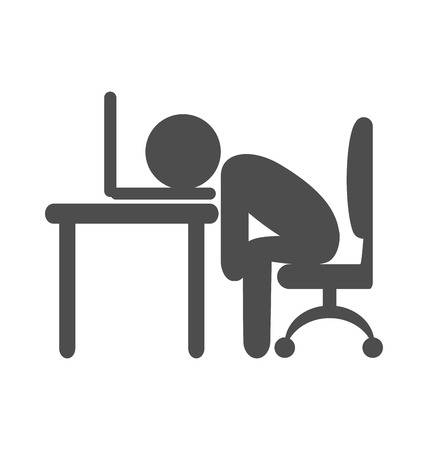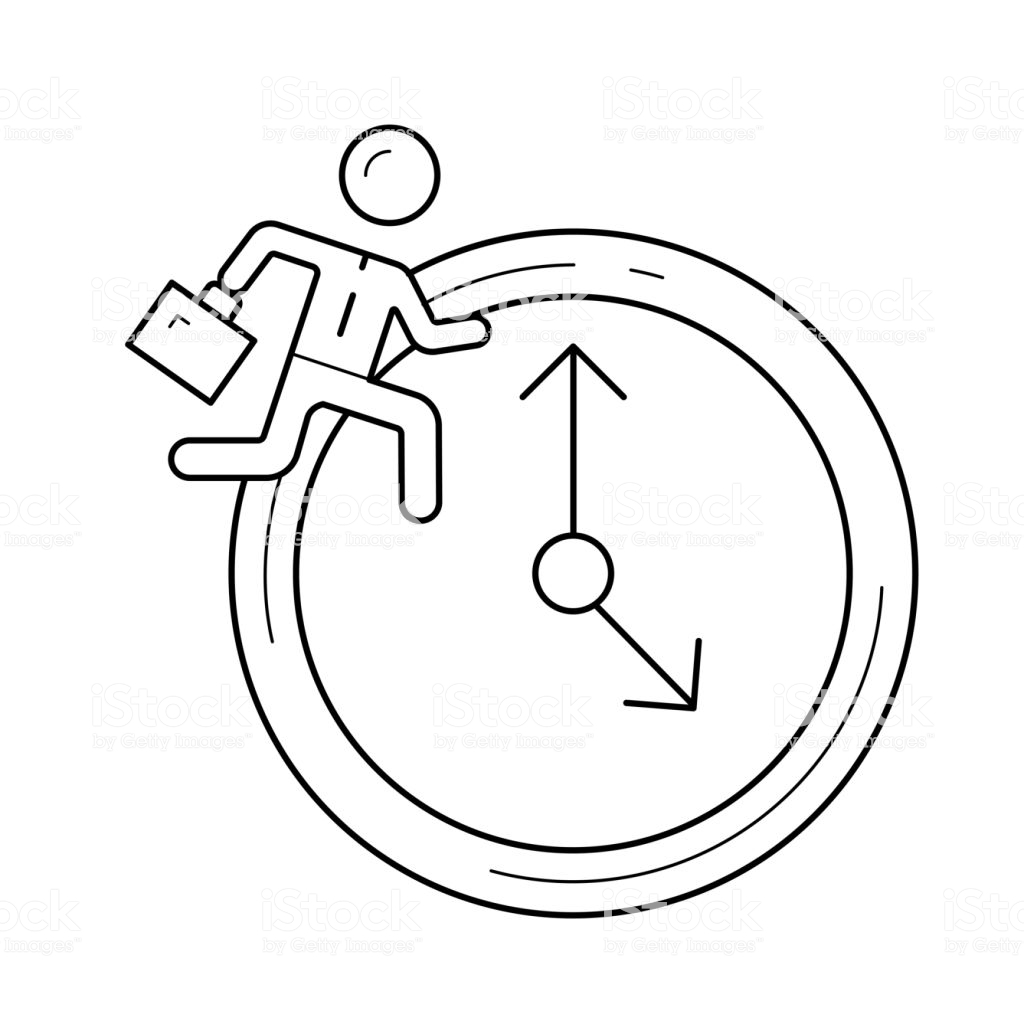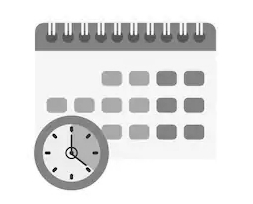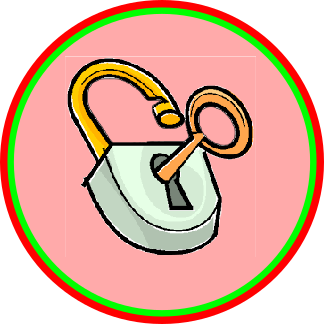Students often ask me questions related to study. I get a lot of requests
“I feel drowsy the moment I pick up a book to study at home. What can I do?”
“I feel sleepy every time I pick up a book to read”
“I feel groggy five minutes into my study time”
“No matter what, I find it impossible to stay awake 10 minutes into my reading/writing/study sessions”
The reasons students feel sleepy/drowsy/groggy can be many. It is possible you are very active at school and your energy levels are sapped at the close of school hours. It could also be due to a general lack of interest in studies. It might also be to do with what you consume for refreshment when you go home.
Here are seven tips to chase away study time drowsiness. They are sure to work wonders and will drive your study time drowsiness away.
Table of Contents
Avoid sitting for studies the moment you go home.

Some of you might be eager to wrap up the day’s allotted hours of study as quickly as possible. Hence you go home and settle down for studies. More often then not, the body and mind crave for relaxation.
This relaxation need not come in the form of lying down. It can happen via sports, an evening walk, some casual entertainment via TV or radio or even pursuing a hobby like gardening, cooking, dance, music, philately, numismatics, etc. Engage in one of the

At times, a 20-30 minute cat nap can also do wonders to the energy levels of the body. A small nap can rejuvenate the body to keep going for another 6 hours.
Listen to your stomach
When you reach home after school, usually it is about 3-5 hours since you have had your lunch. Hunger pangs often start 2-3 hours after the last intake of food. Sitting down for reading causes drowsiness. Engaging in any physical activity causes tiredness. Have a quick snack.
[yikes-mailchimp form=”3″ title=”1″ description=”1″]
Also, avoid snacks that are rich in carbohydrates or fats. They too can cause drowsiness. Have fruits, cereals or anything that is rich in proteins and minerals.
Do not overeat too. That too is a cause for drowsiness.
Plan your studies with study slots, timetable and power breaks

Do not start studying without prior planning. Sitting to study with a book in hand and hammering away at a single subject for a unplanned amount of time is sure fire way of boring your mind.
- Prepare study slots – Calculate the hours you plan to study. Allot the hours to the various subjects at hand. Avoid, allotting more than 30 minutes per subject (even 15 minutes is ok if you are just starting).
- Prepare a timetable – Let’s say you wish to start by 7 pm and study up to 9 pm. Your timetable may look like this

| Time Slot | Subject | Specifics |
| Math | 7 PM to 7:30 PM | 5 Problems from Trigonometry |
| English | 7:30 PM to 7:50 PM | 25 difficult words from Lesson 1 |
| BREAK | 7:50 PM to 8:00 PM | |
| Social | 8:00 PM to 8:30 PM | Fill in the blanks of Lesson 3 |
| Science | 8:30 PM to 9:00 PM | Diagrams of Lesson 4 |

3. Include Power Breaks in your timetable – Studying for 2-3 hours at a stretch is a myth. The mind craves for a break after every 30 minutes of focused work. Hence include power breaks wherein you can refresh yourself. Get up from the chair, walk around, stretch your muscles, catch up on the news headlines, share a conversation with parents, go to the terrace for some late evening air, fondle your pet if you have one. Any power break is a good break.
Set up a proper environment for reading

Not having the right environment can prove an energy drainer for the brain. Here are a few things you should NOT do
- Reading in low light or under the table lamp
- Sleeping and reading
- Eating while reading
- Relaxing in an easy chair while reading.
Finish off the heavy stuff first

Another common mistake students commit is to keep procrastinating the difficult portions to the fag end of the day. A tired brain usually rejects stuff perceived by it as difficult.
- Divide the hard stuff into smaller portions.
- Finish off a portion early in your study hours.
Exercise Regularly

- Do some brisk exercises in the morning to drive away the feeling of sleepiness.
- Give yourself 10-minute yoga breaks after 40-45 minute study slots.
- Stretch in your chair after 15 minutes of intense concentration. Let the blood circulate.
Make WATER your friend in need

Sip on water every 10 minutes. Keep yourself hydrated. Wash your face every 90 minutes or more frequently if required.
Again avoid too much caffeine or tannin in coffee and tea respectively. Avoid sugary soda drinks. They tend to make you fall asleep.
[yikes-mailchimp form=”3″ title=”1″ description=”1″]

2 thoughts on “Seven tips to chase away study time drowsiness”